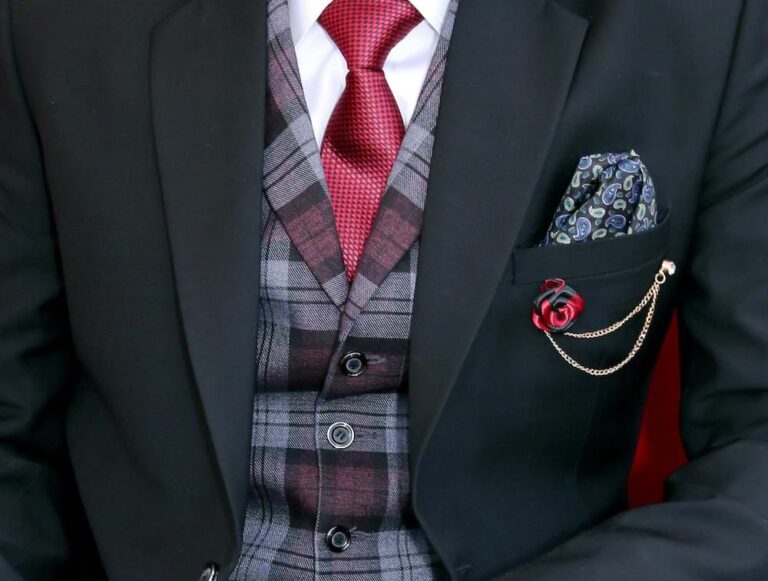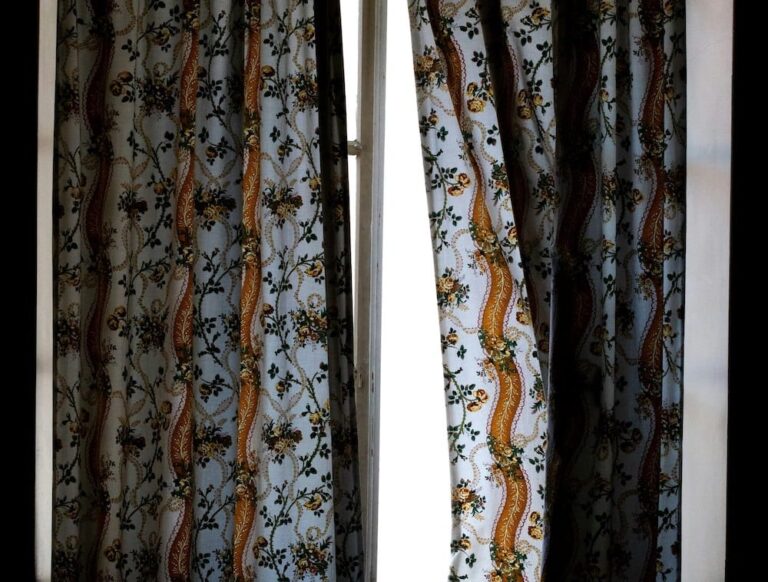métier
The French words un métier and une métier have identical spellings, but one is masculine and the other is feminine. Each word has a different meaning. Un métier: A Profession or Trade The masculine noun un métier refers to a job, profession, or trade. Usage Examples: This word is derived from the Old French “mestier,”…









